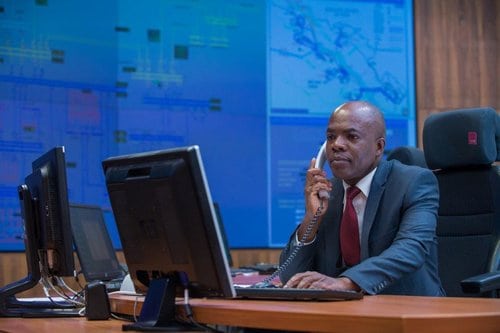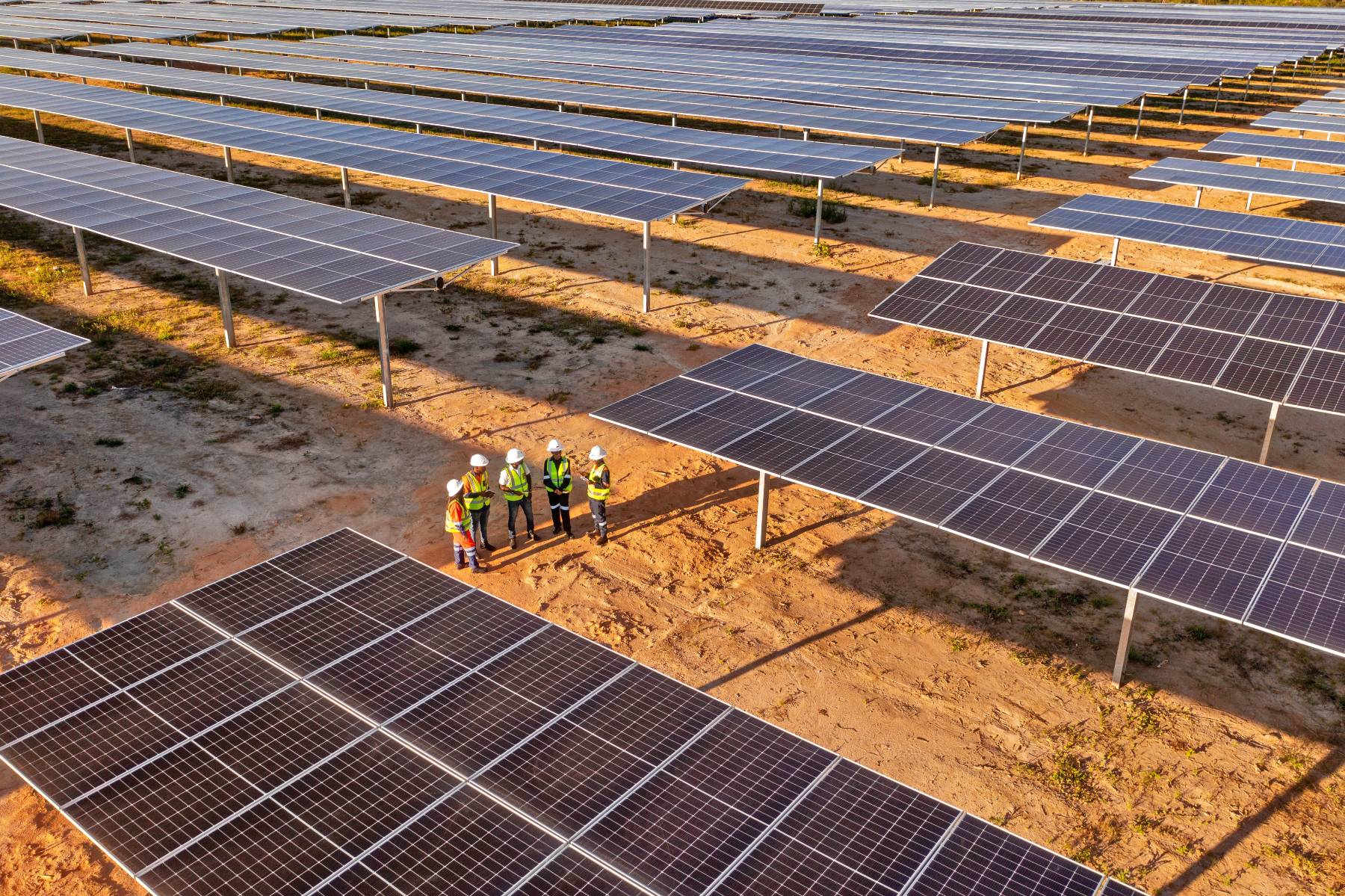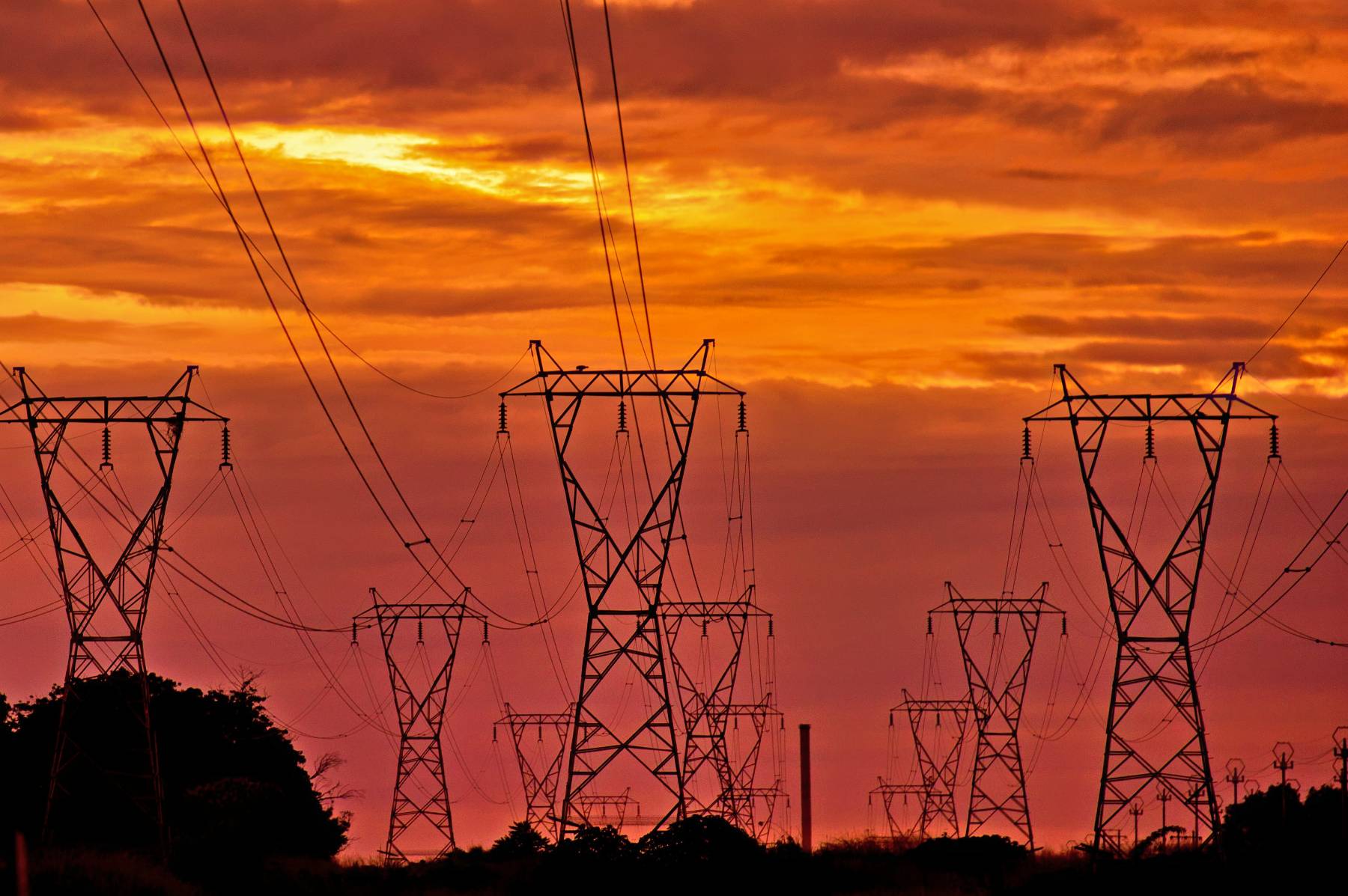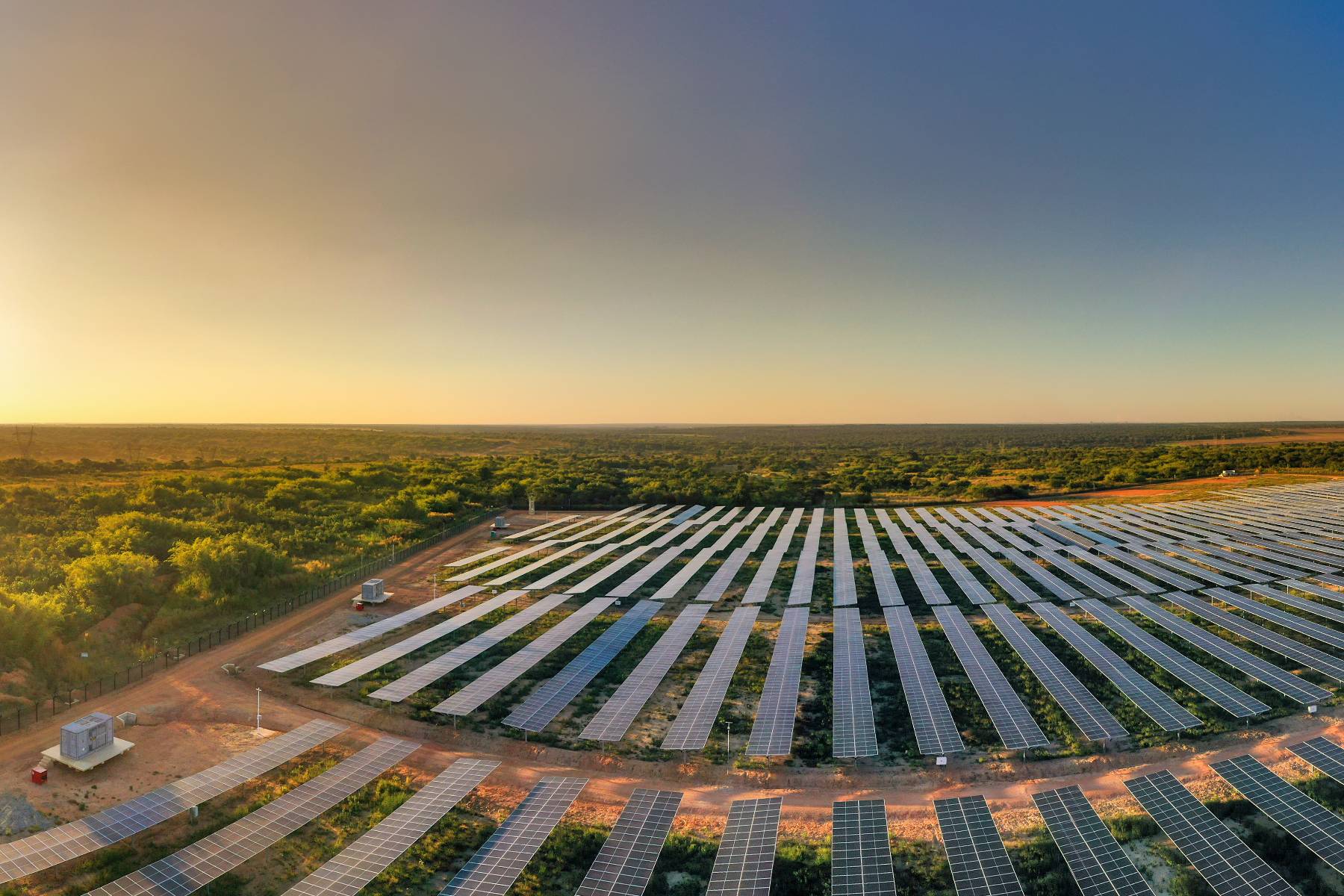CEC and its Customers
The previous article looked at the current players in Zambia’s electricity supply industry, their respective roles, the legal, commercial and even regulatory relationships among them.
In this article, we will discuss the relationship between CEC and its customers. Brushing up on the Company’s history from the first article, the reader will recall that the formation of CEC was essentially motivated by the mining companies spurred by their need for secure, dedicated power supplies and electricity network interconnectivity. That way, miners concentrate on taking the precious ore out of the ground while the responsibility of looking after their energy needs is taken care of someone else. Present day, CEC’s core business remains the supply of electricity to mining companies on the Copperbelt in Zambia and Katanga region in the Democratic Republic of Congo (DRC).
CEC’s customers at present include Konkola Copper Mines Plc, Mopani Copper Mines Plc, Lubambe Copper Mines Limited, Chibuluma Mines, Chambishi Copper Mines, CNMC Luanshya Copper Mines, China Copper Mines and NFC Africa Mining. In the DRC, the Company provides transmission and supply services to several mining operations in the Katanga Province, enabling that country’s mining industry to benefit from CEC’s quality service delivery using power sourced from the region.
Deploying its rich and vast power infrastructure assets, CEC services the needs of all its customers to the highest level possible – the focus being placing service provision at the centre to ensure customer satisfaction from not only the reliability of supply but also the responsiveness, value of solutions and relationships.
CEC’s agility in responding to and satisfying customer requirements is attested to by its provision of value added services, such as emergency or standby power from strategically located power plants, to its customers. The Company has also demonstrated its ability to mitigate the impact of insufficient local power generation by sourcing supplementary power from the region to ensure its customers’ operations are not adversely affected.
As with any business undertaking, CEC’s commercial relationship with its customers is governed by long term contracts referred to as Power Supply Agreements (PSAs). Thus, CEC has contracts between itself and ZESCO (from who it sources its power through a Bulk Supply Agreement), on one hand, and between itself and all its customers, on the other.
Each of these agreements defines all the commercial terms for the sale and purchase of electricity between the parties; stipulating the tenure, price or tariff, payment terms, penalties and all matters relevant and incidental to the business between the parties.
The PSAs clearly define the parties’ rights and obligations to one another, and by acceptance of the agreement, each party warrants or undertakes that they will, for as long as the contract exists and only under any exceptions made, abide by the stated terms and conditions. Hence, a breach of the agreement should be dealt with as stipulated in the agreement.
CEC cannot, for example, demand payment for power not supplied in the same way that a customer cannot refuse to pay for power supplied. Any of these cited actions go blatantly against the intent of the agreement.
There have been a few instances where a dispute over unsettled bills has arisen between CEC and a customer. The PSA provides a remedy for such action and each time, the Company has acted within its rights as provided for in the agreement between the parties. Even then, CEC keeps open communication and rapport with all its customers to ensure that any disputes, which are commonplace in any relationship including a commercial one, are settled amicably to allow for a smooth and cordial business relationship between the parties to continue.
An action such as restriction of power to a customer, clearly provided for under the PSAs, is taken as the very last resort following lengthy periods of discussion to find a resolution that accommodates the needs and challenges of both supplier and customer.
It is very important to know and appreciate that the viability of the mining industry is dependent on an electricity supply industry that is financially and operationally sound and stable. What would become of mining if electricity utilities in the country failed to maintain power infrastructure, for example, because of financial distress arising from unsettled bills? Not only mining and energy would be negatively affected but the entire economy of the nation as productivity would stagnate and even shrink.
The contribution to the national economy of mining and energy is the same in that both are commercial undertakings meaning they are accountable to their shareholders and have financial and other obligations to satisfy, they provide employment, directly and indirectly through their various supply chains, they contribute to the national purse through taxes, they provide social benefits and make other quantifiable and non-quantifiable contributions to the economy. Hence, the importance of one over the other must not be overstated because the relationship is quite symbiotic.
CEC invests significantly in all aspects of its operations and service delivery to ensure that its customers enjoy the best-of-grade service so that they can focus on what they know best. CEC and its customers alike seek to realise a return on their investments and to create value for their shareholders and other stakeholders, and the economy at large. The Company continues to pursue mutually beneficial relationships with its current and prospective customers.
We value your views and ideas on anything you read in this column. Please share your comments with us on e-mail: [email protected]
Produced by CEC Corporate Communication Department.
Share this article
Follow us
Recent CEC news
September 27, 2024
January 13, 2024
December 29, 2023







